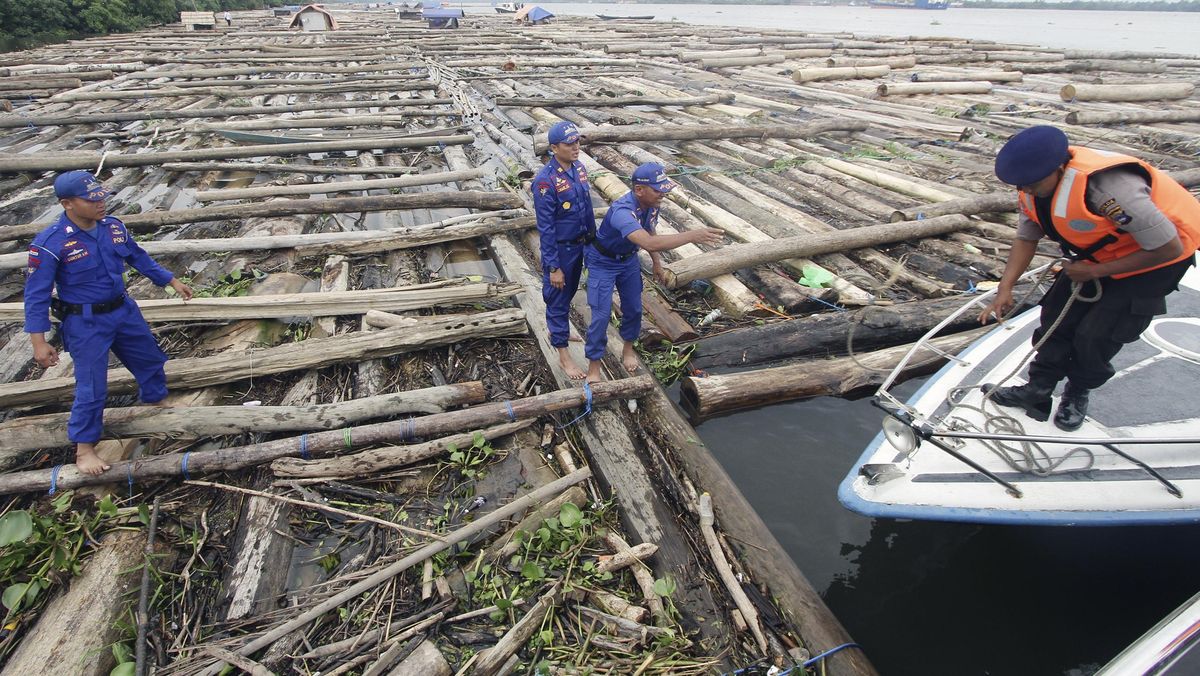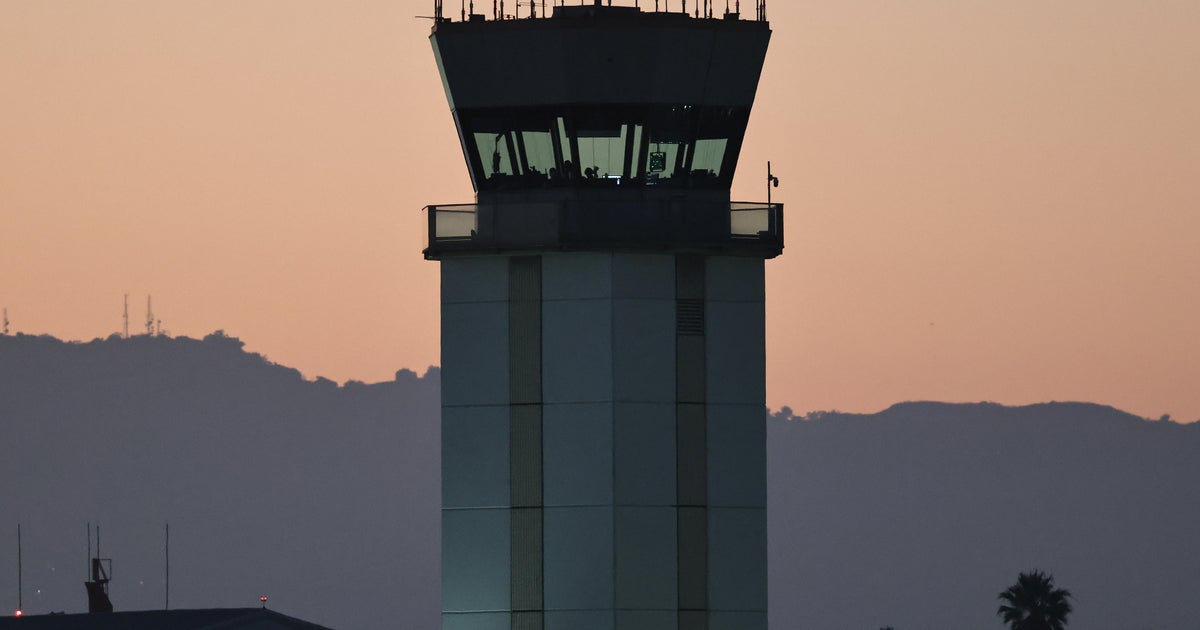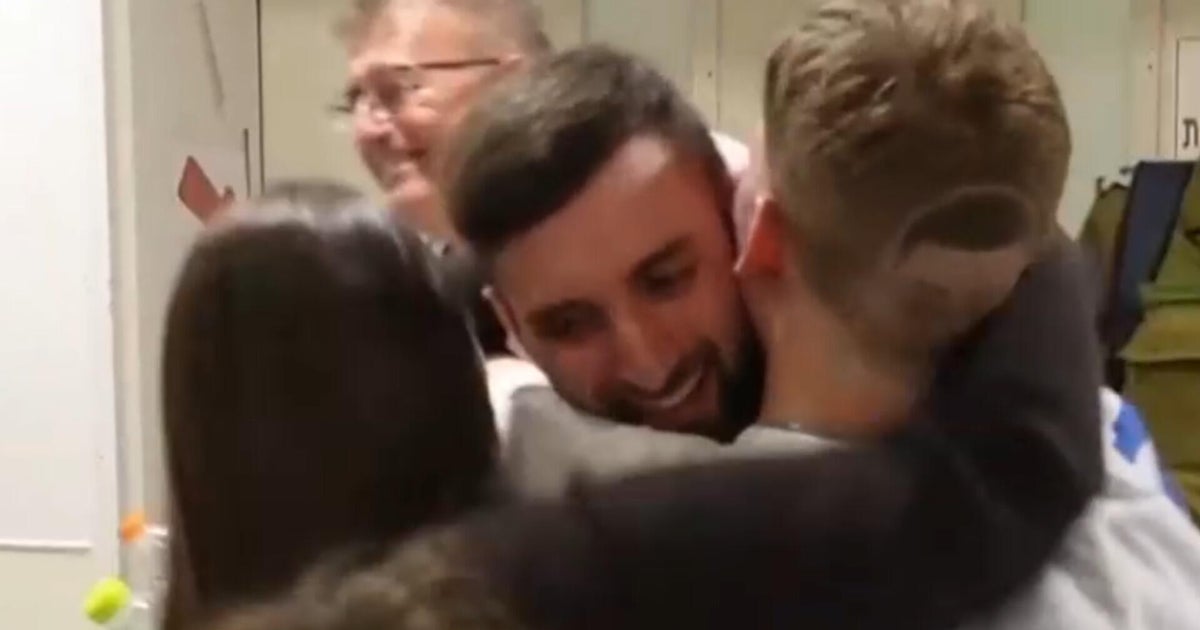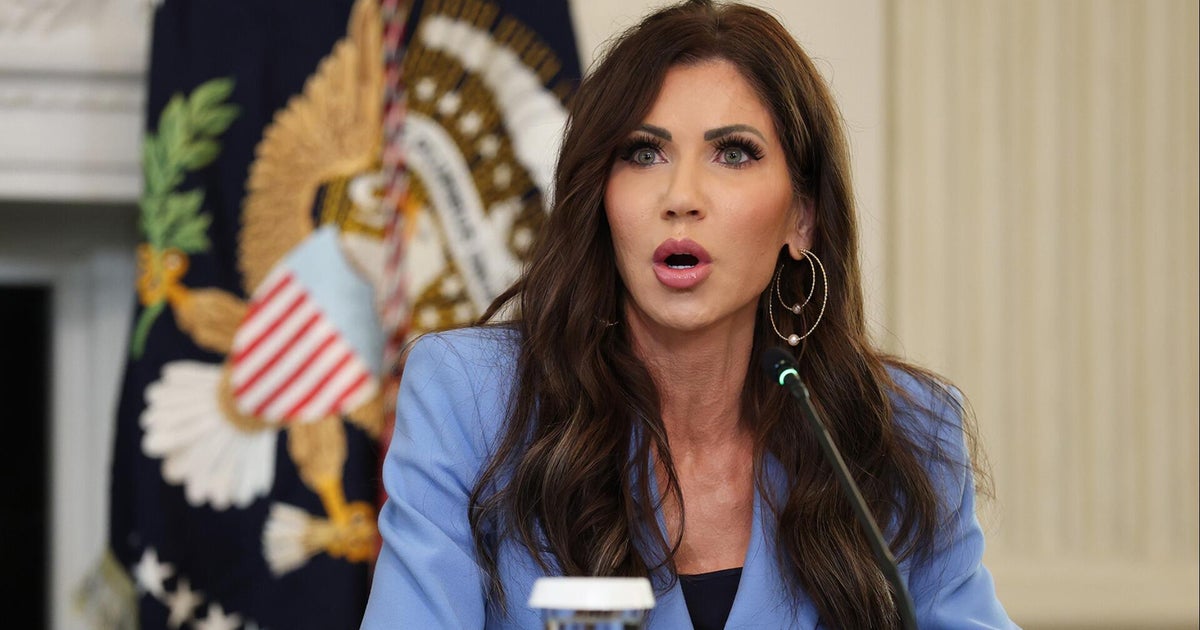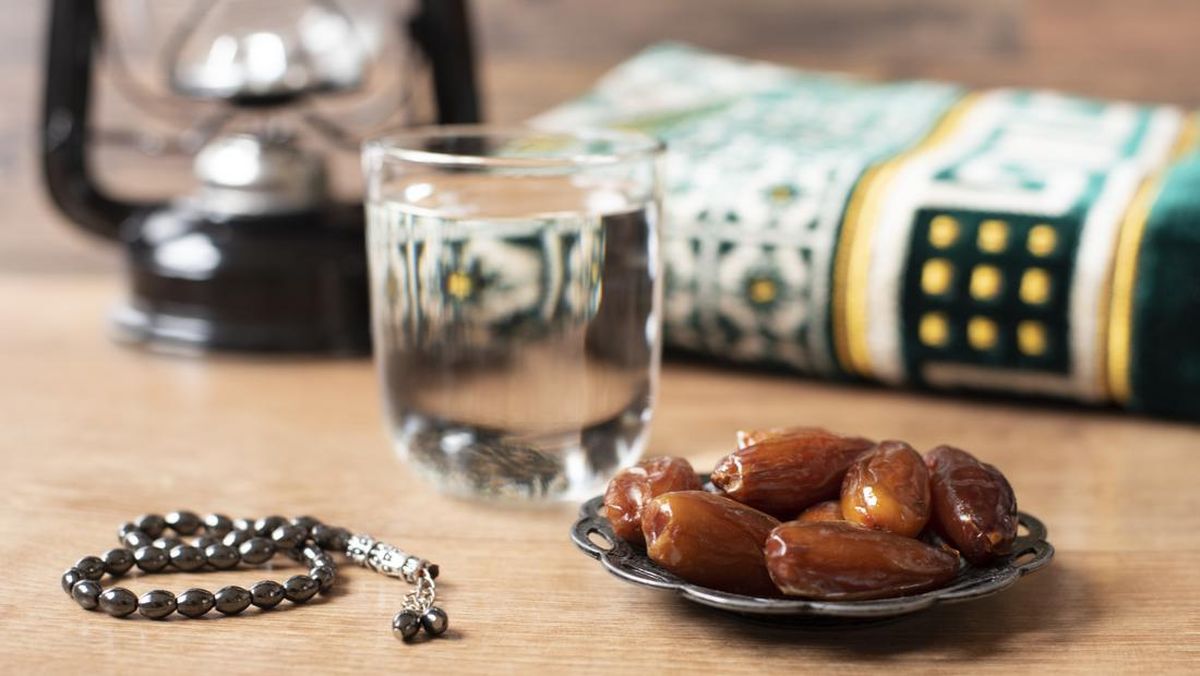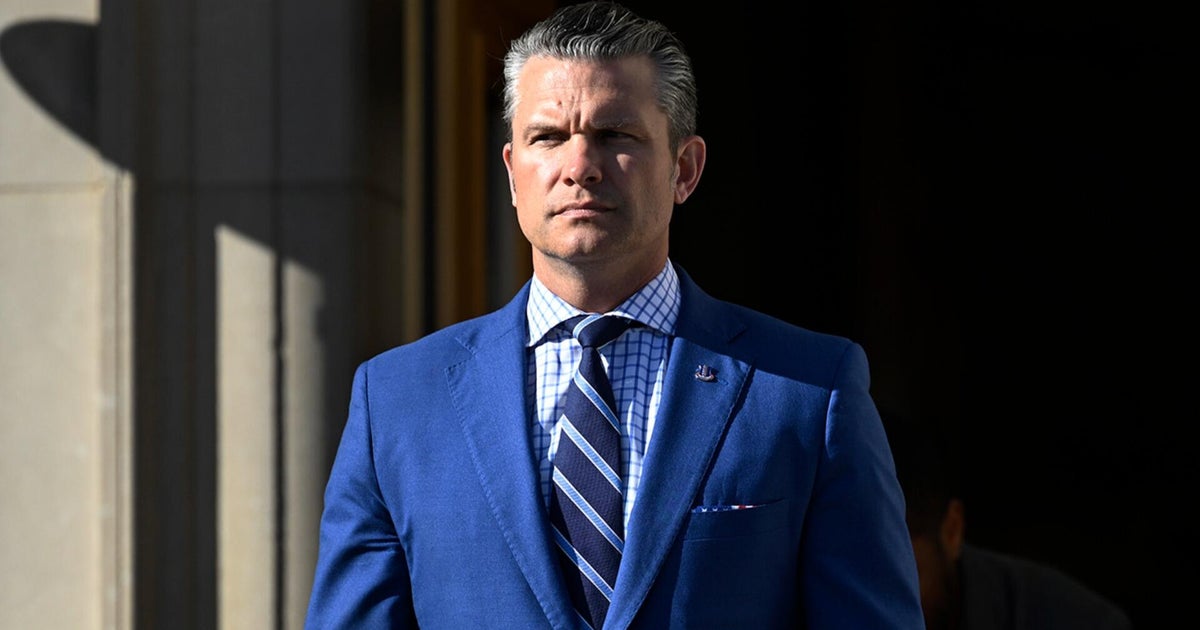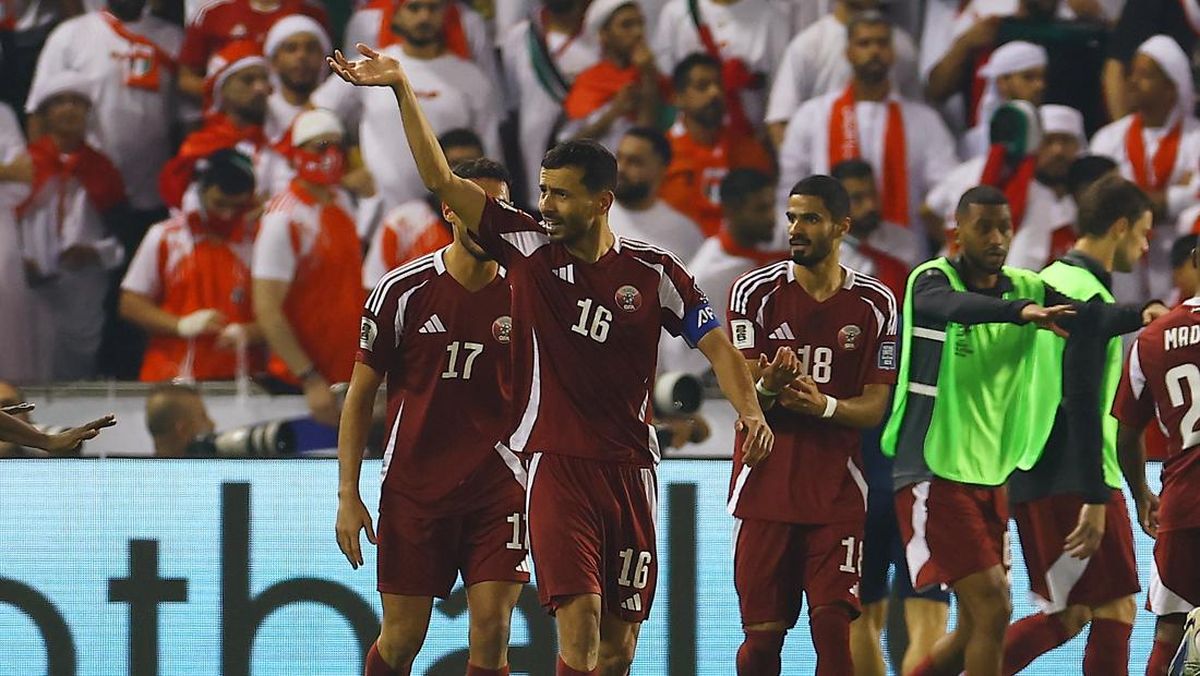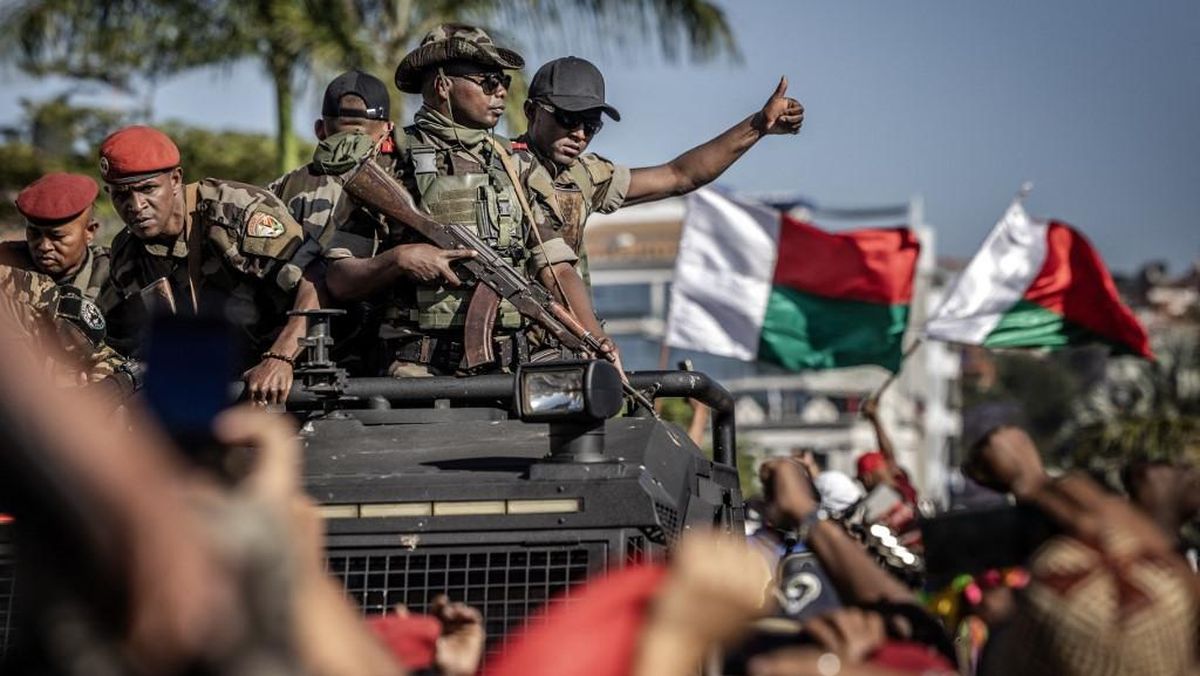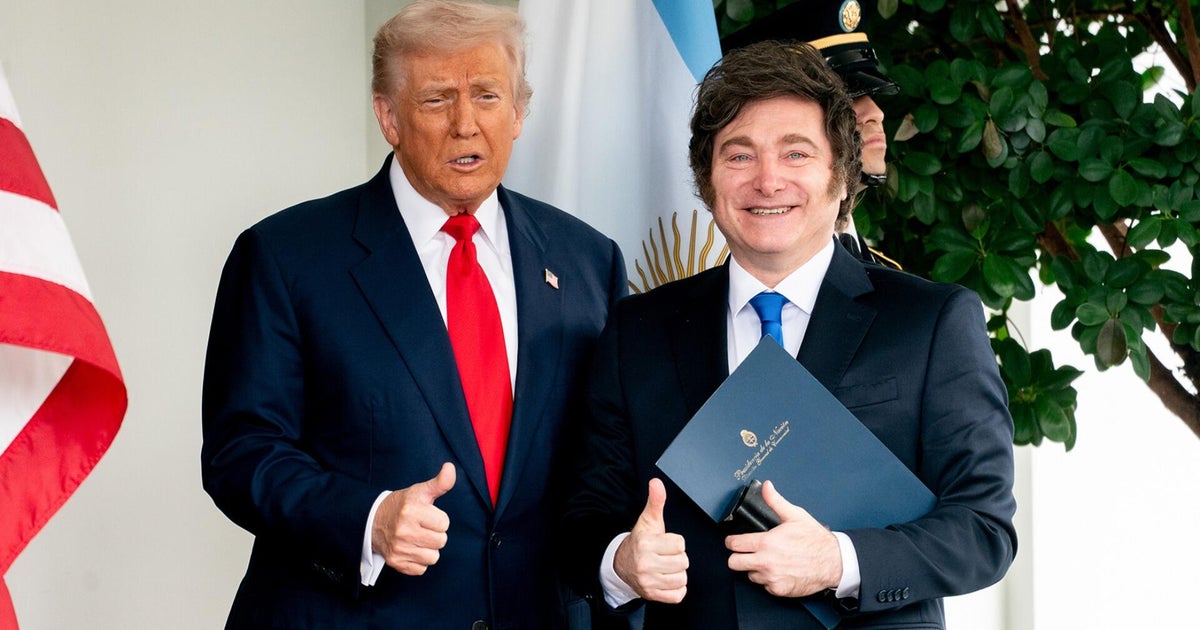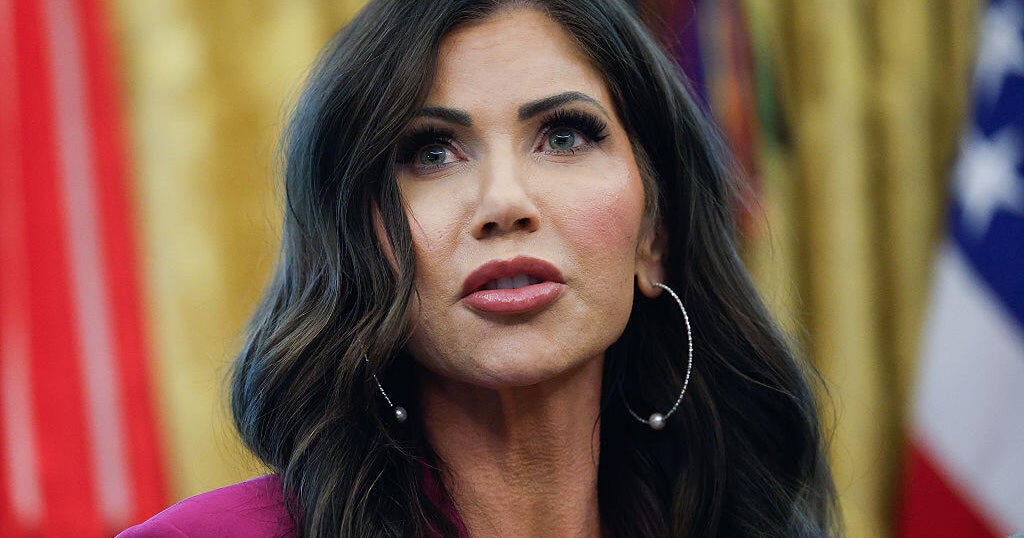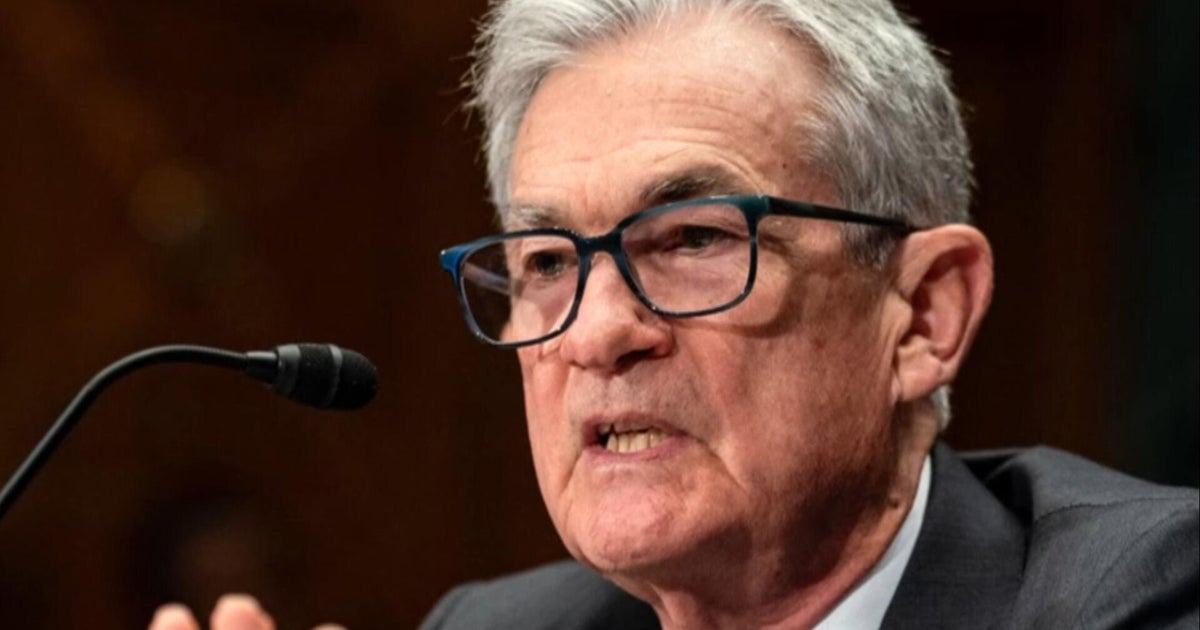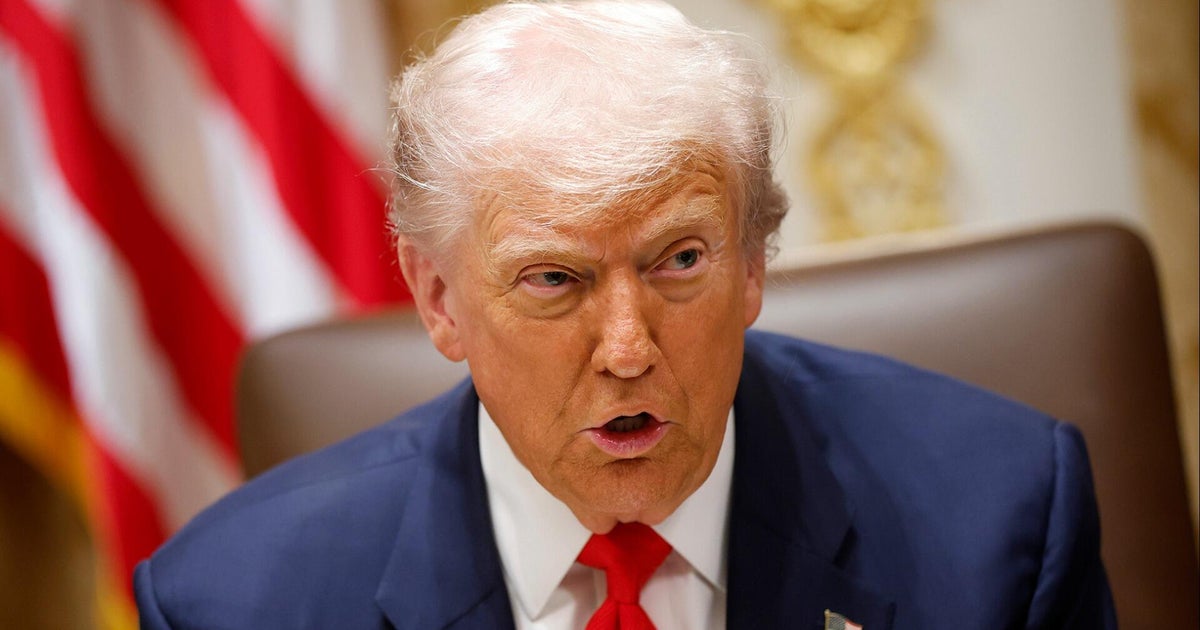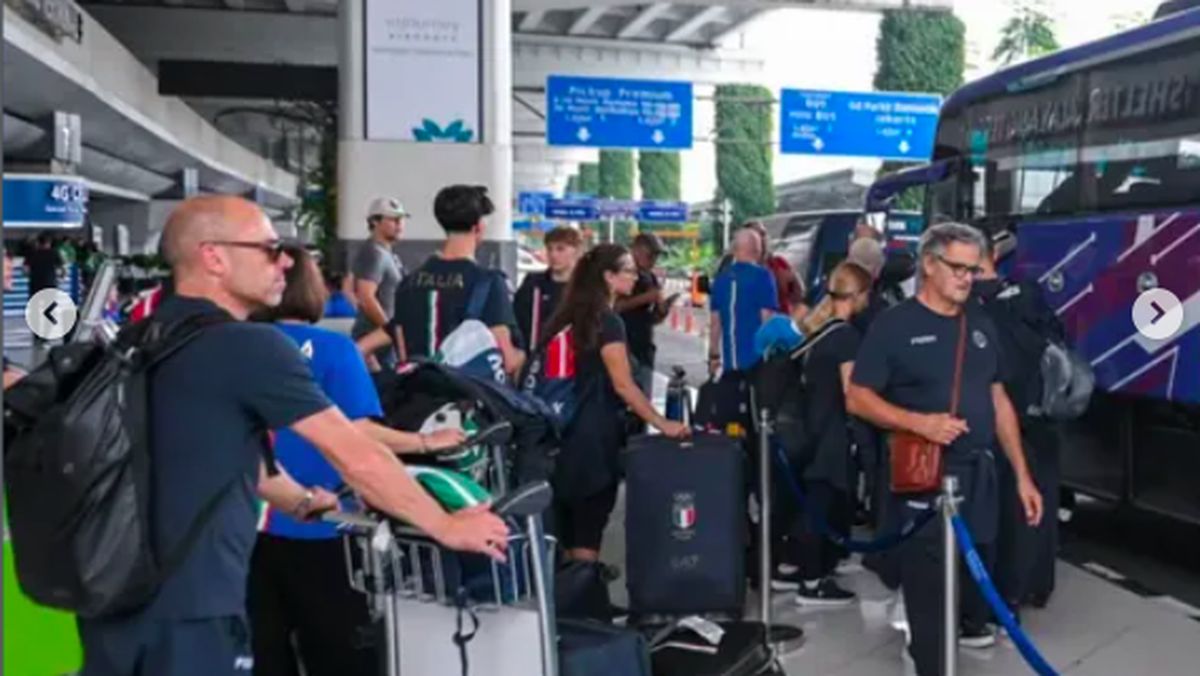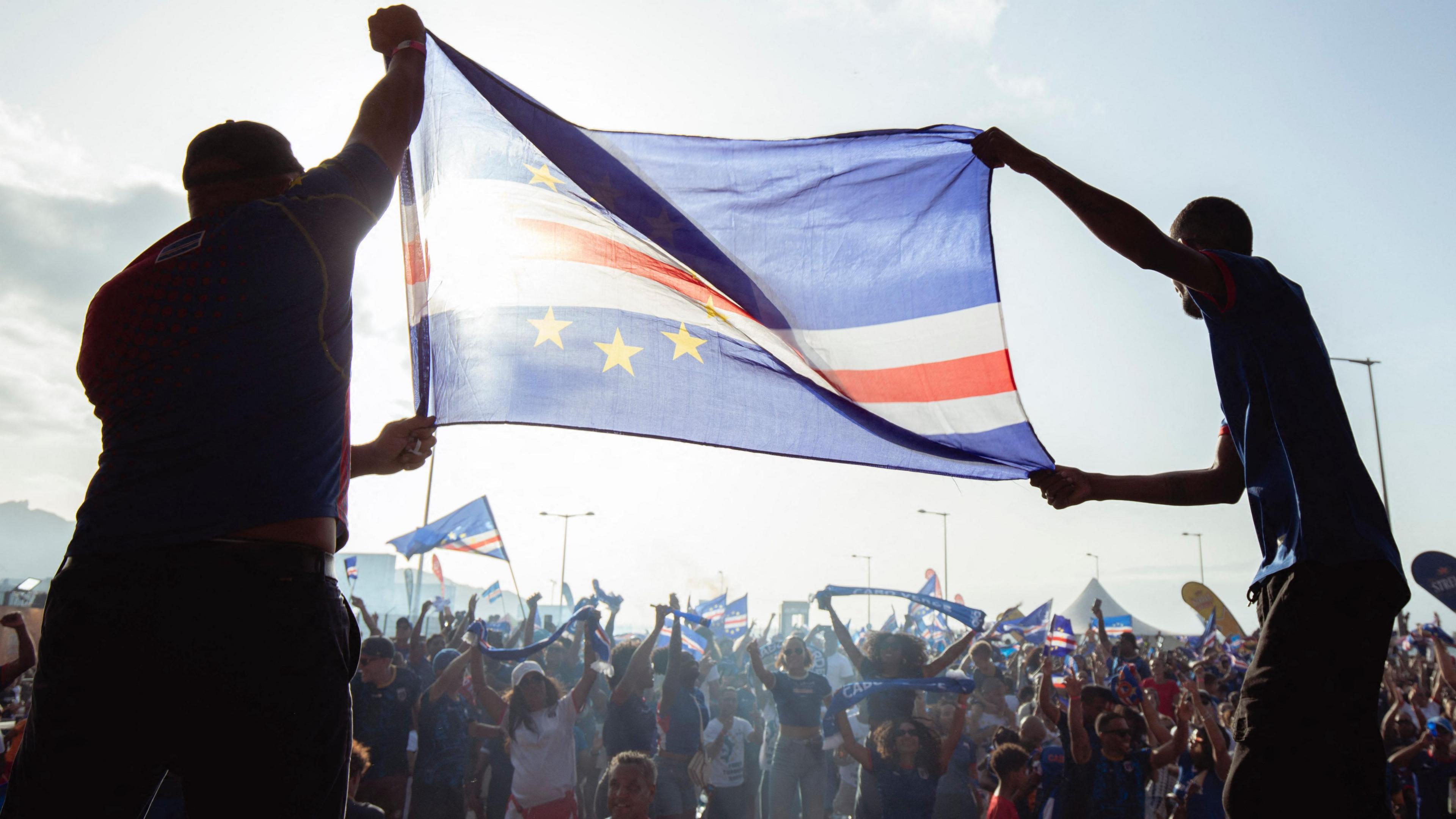 Image source, AFP via Getty Images
Image source, AFP via Getty Images
Cape Verde celebrated its independence from Portgual in 1975
ByMark Lomas
Football writer in Praia
It was only when Stopira's effort hit the net in the 91st minute that it finally felt real.
In the crowd, an eruption of blue, red and white; on the touchline, players and staff embraced. Some wept as a plan many years in the making came to fruition.
Cape Verde, a former Portuguese colony of just more than half a million people scattered across an archipelago of Atlantic islands, had qualified for its first World Cup.
"Giving this happiness to these people is enormous," said head coach Bubista.
"It's a special moment in this celebration of the 50th anniversary of our independence."
Many people here in the capital city Praia have told me the same - that World Cup qualification is the biggest thing to happen in Cape Verde since independence was gained on 5 July 1975.
That might explain the size of the party.
Fans remained inside the National Stadium for hours after the 3-0 victory against Eswatini which sealed the Blue Sharks' place at next year's tournament in Canada, Mexico and the United States.
Draped in flags and wearing specially-made World Cup qualification T-shirts, the players' lap of honour was an emotional affair, even for those from the diaspora who grew up overseas.
"Honestly, I've played in Europe, I've won in MLS, but when you play for your country it's something different," said defender Steven Moreira, who was born in France and plays for Columbus Crew in the USA.
"I can't describe it - the passion they give you is just amazing.
"This group is a family. You can see it when we score goals, we're always together, dancing."
When I spoke to Shamrock Rovers centre-back Roberto 'Pico' Lopes, who was born in Dublin to a Cape Verdean father and an Irish mother, he was searching for his father in the crowd.
"There's an overwhelming sense of relief, there's joy, all emotions. But we did it and no one can take that away from us."
The country's President Jose Maria Neves was part of the celebrations in the stands, holding aloft a banner detailing Cape Verde's ticket for the 2026 World Cup straight after the full-time whistle sounded.
Neves, who has also compared World Cup qualification with independence, watched on as members of the Cape Verde backroom team joined in the post-match revelry on the pitch.
Among them was Rui Costa, the national team technical director, who was only appointed in February after spending more than a decade working in English football, including at non-league level.
"I'm feeling proud of my country, of my national team, of everyone," he said.
"They've done an amazing job. We have a great coach, great players, so the future will be bright."
A drum-backed afterparty
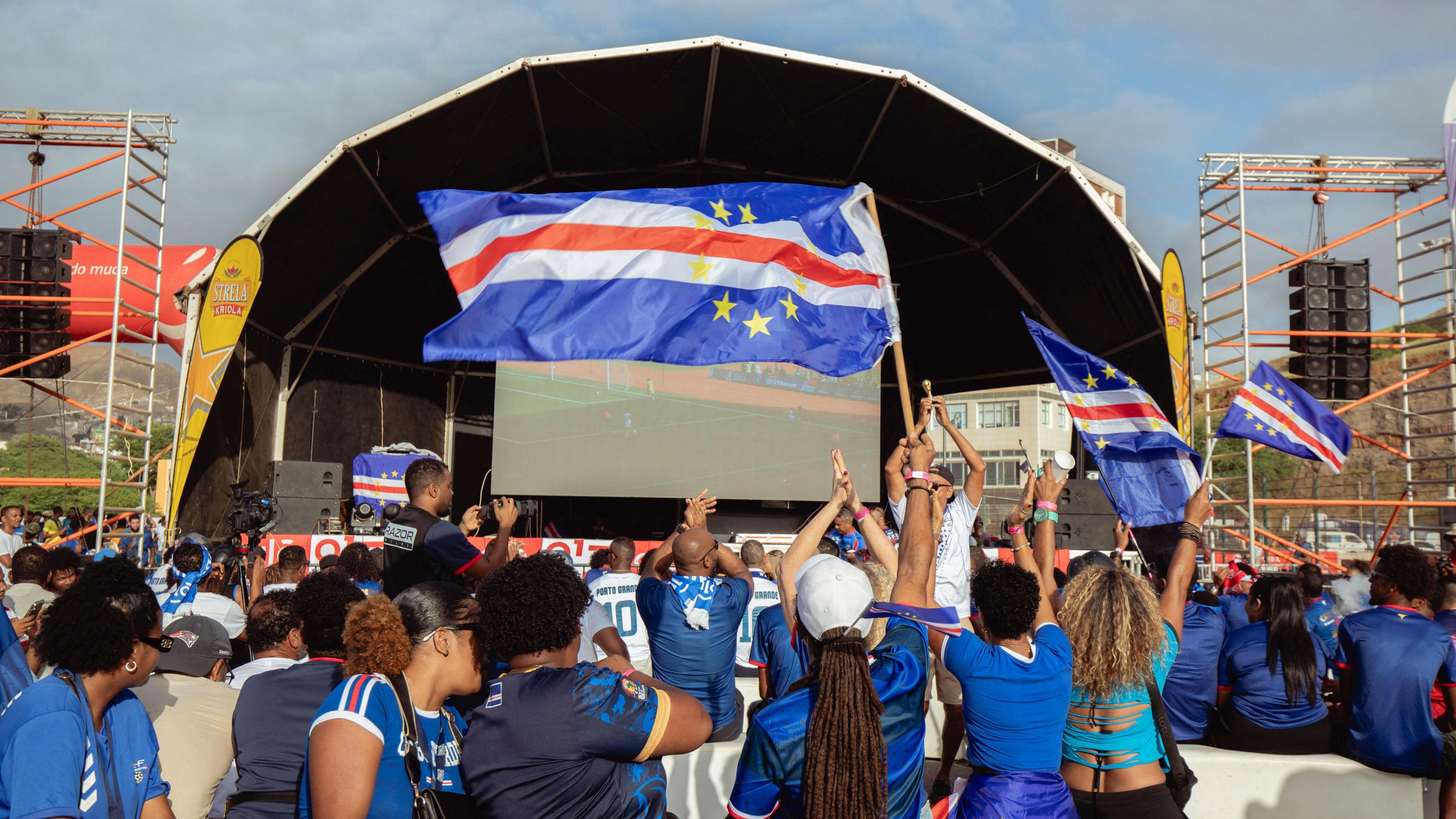 Image source, AFP via Getty Images
Image source, AFP via Getty Images
Supporters across the archipelago, including on the island of Sao Vicente, gathered at fan zones to watch Monday's 3-0 win against Eswatini, which was played in front of a crowd of 15,000 at the National Stadium in Praia
Once players and fans finally began drifting away, the party switched to a different venue, the Estadio da Varzea.
It was here where independence was celebrated in 1975 and where Cape Verde played their very first World Cup qualifiers back in 2000.
Packed with supporters watching the match in the afternoon, the big screen was replaced with live music once evening arrived.
Like the players, many acts performing had connections to the diaspora and had flown in specially for the game.
That included two members of the Dutch hip-hop act Broederliefde, whose name translates fittingly as 'brotherly love', one of whom is the brother of Dailon Livramento, Cape Verde's top scorer in World Cup qualifying.
Crowds also gathered outside the players' hotel, waiting for their heroes to wave from the building's balconies.
The size of the gathering on the street outside became so big that police were struggling to keep traffic moving, although no-one really seemed to care.
"I shouted a lot during the match and now my voice is bad, but I am happy," said Praia resident Jose Vieira, one of those lucky enough to have had a ticket for the game.
Blue was the colour, with national flags and replica team jerseys everywhere.
The rhythmic pounding of drums producing samba and reggae beats soundtracked the party on the streets alongside the constant honking of car horns.
"I feel incredibly happy," said taxi driver Maximo Gomes.
"Yes, it is the biggest event since independence. The President said this and it is how the people feel."
A sense of change
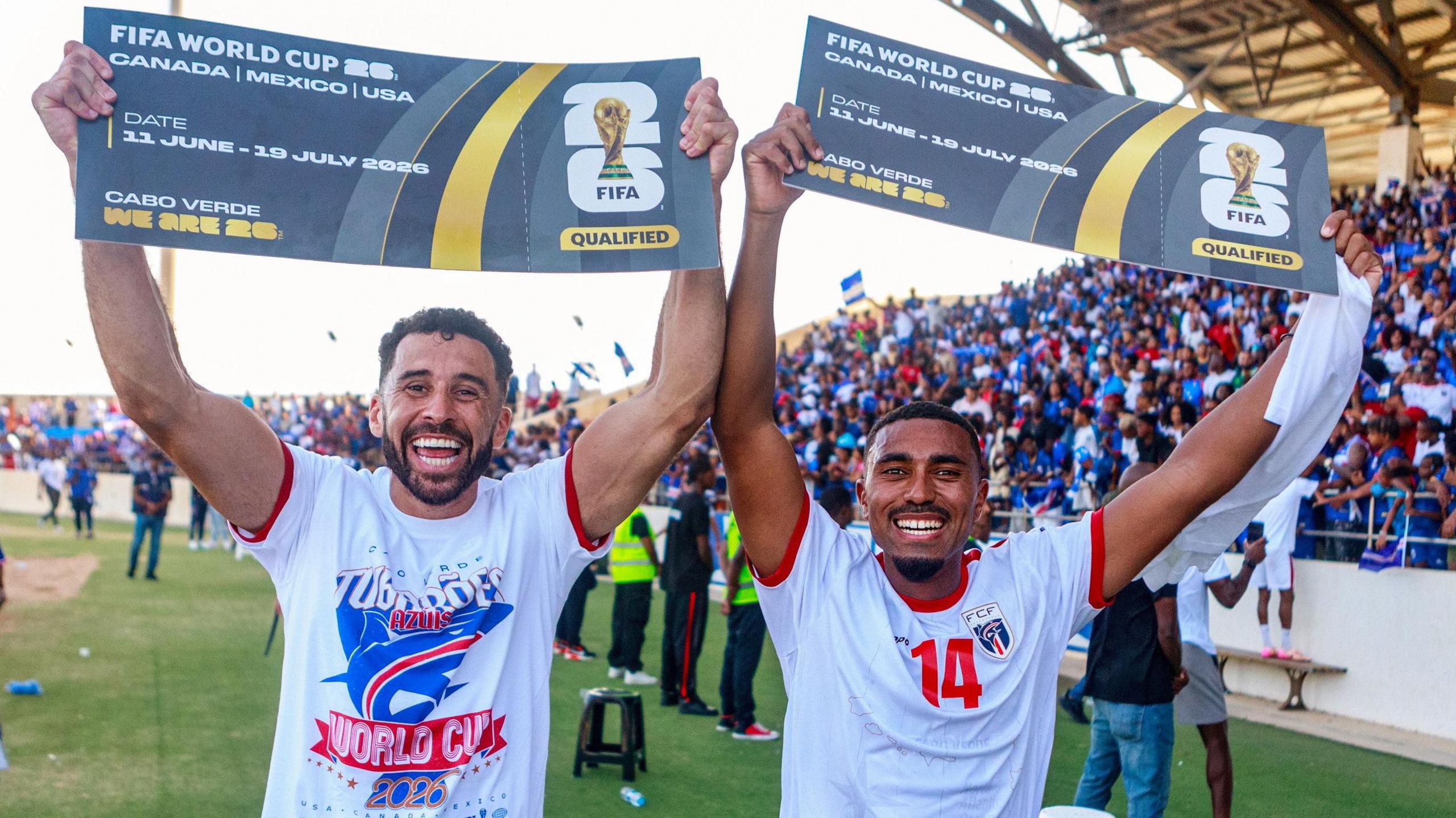 Image source, Getty Images
Image source, Getty Images
Roberto Lopes (left) and Deroy Duarte helped Cape Verde become the second-smallest nation to reach the World Cup
The celebrations after beating Eswatini came 100 days on from the party marking 50 years since Cape Verde's independence from Portugal.
Now the nation can look forward to the possibility of taking on their former colonial rulers, boasting the likes of Cristiano Ronaldo and Bruno Fernandes, in North and Central America next year.
"The world is going to know our flag," Sydney Elias, a hotelier in Praia, said.
"Usually we cheer for Portugal during the World Cup and this time we will cheer for our own country. Our players are going to play with their idols and I am beyond happy for them."
With a debut World Cup to plan for, technical director Costa believes qualification will have a transformative effect on his country, pointing to the examples of other African nations that have used qualification as a catalyst for change.
"Many countries in Africa saw things change after qualifying for the World Cup," he smiled.
"I spoke with [former Senegal player and coach] Aliou Cisse last week and he told me it changed everything in Senegal.
"I think it will be the same in Cape Verde - it's already changing."
The second-smallest country, after Iceland, to qualify for the World Cup finals, the tournament could well provide a springboard to future success for a federation that has spoken about its ambition to one day win the Africa Cup of Nations.
This is an Atlantic nation making waves when it comes to international football.

 5 hours ago
2
5 hours ago
2
